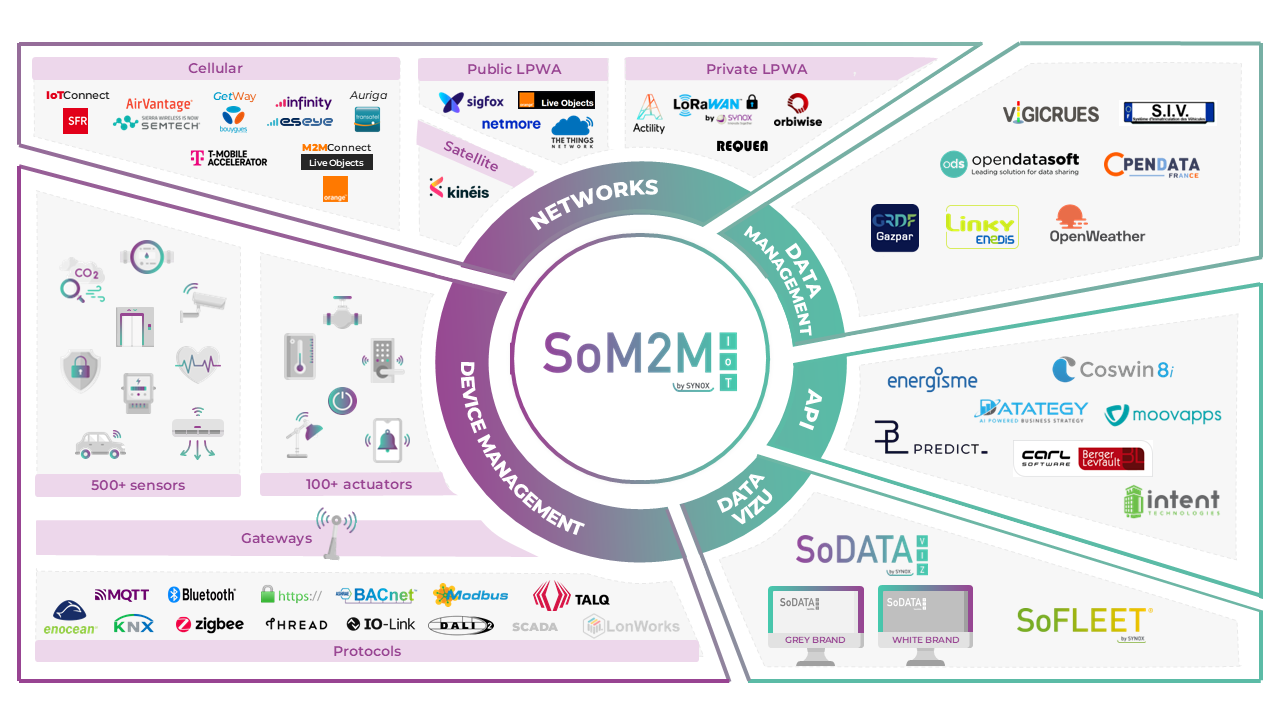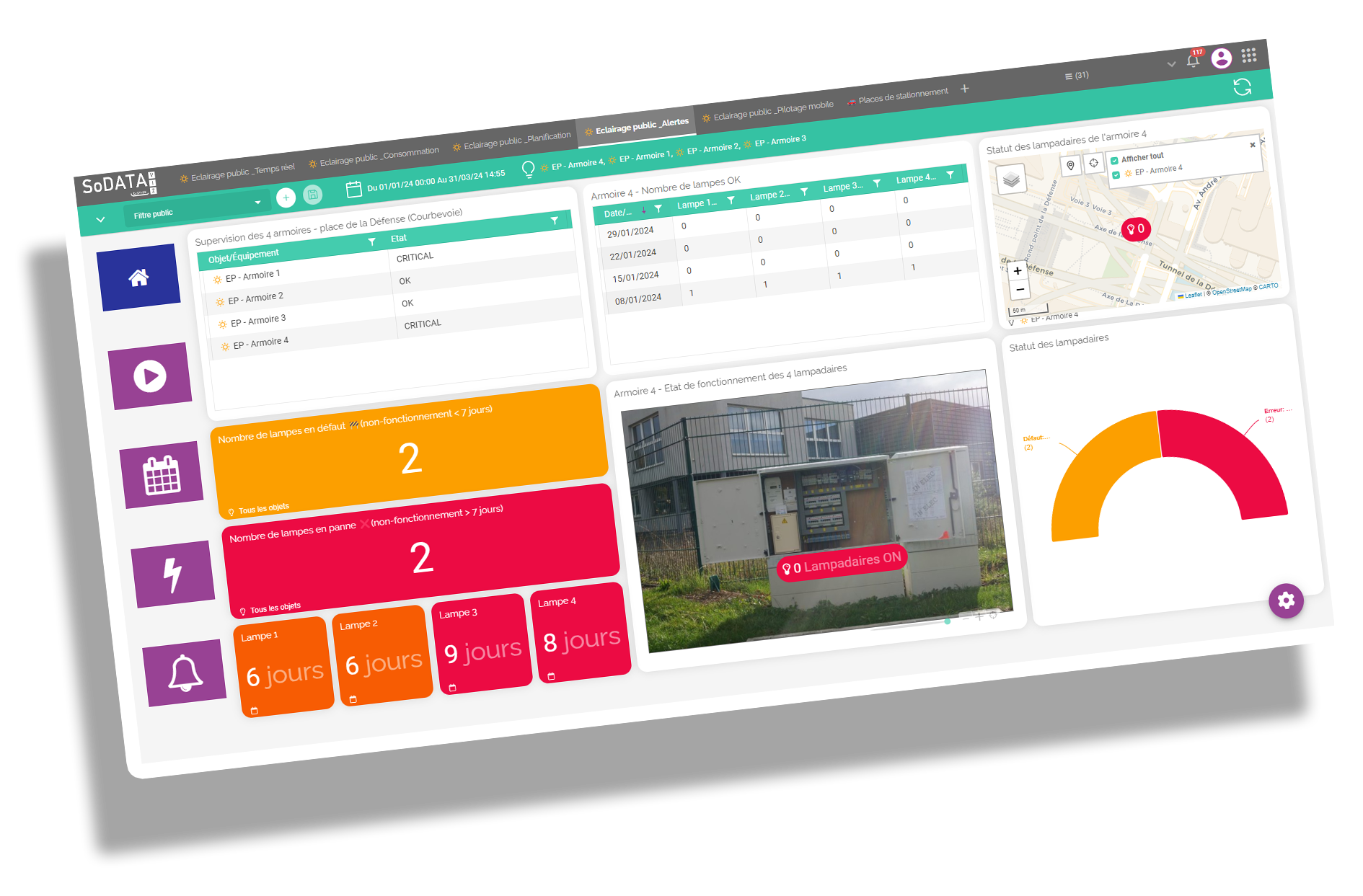Member in Focus: Synox
Synox is a French software publisher based in Montpellier. A pioneer in IoT for the past 10 years and an expert in M2M (Machine-to-Machine) technologies for over 20 years, Synox now employs 45 people.
As member of the TALQ Consortium since 2025, Synox is committed to promoting open standards and interoperability between systems to help cities build sustainable, scalable, and vendor-independent infrastructures.
Through its sovereign and interoperable software platforms, Synox enables the connection, visualization, and use of data from various devices — particularly in the fields of smart lighting, energy management, and smart buildings.
Jérôme, what is your role in Synox?
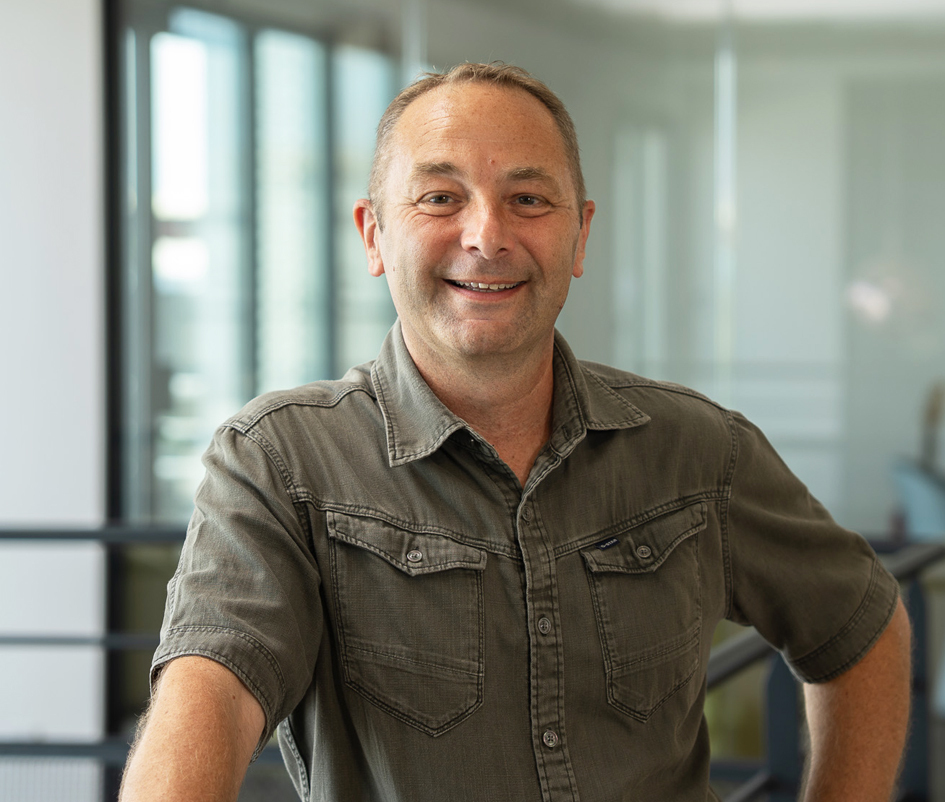 Jérôme Fenwick, CTO
Jérôme Fenwick, CTO
As Chief Technology Officer at Synox, I lead the company’s technology and product strategy. My role is to ensure the consistency and performance of our IoT platforms by promoting interoperability between systems.
What is the service offer of your company?
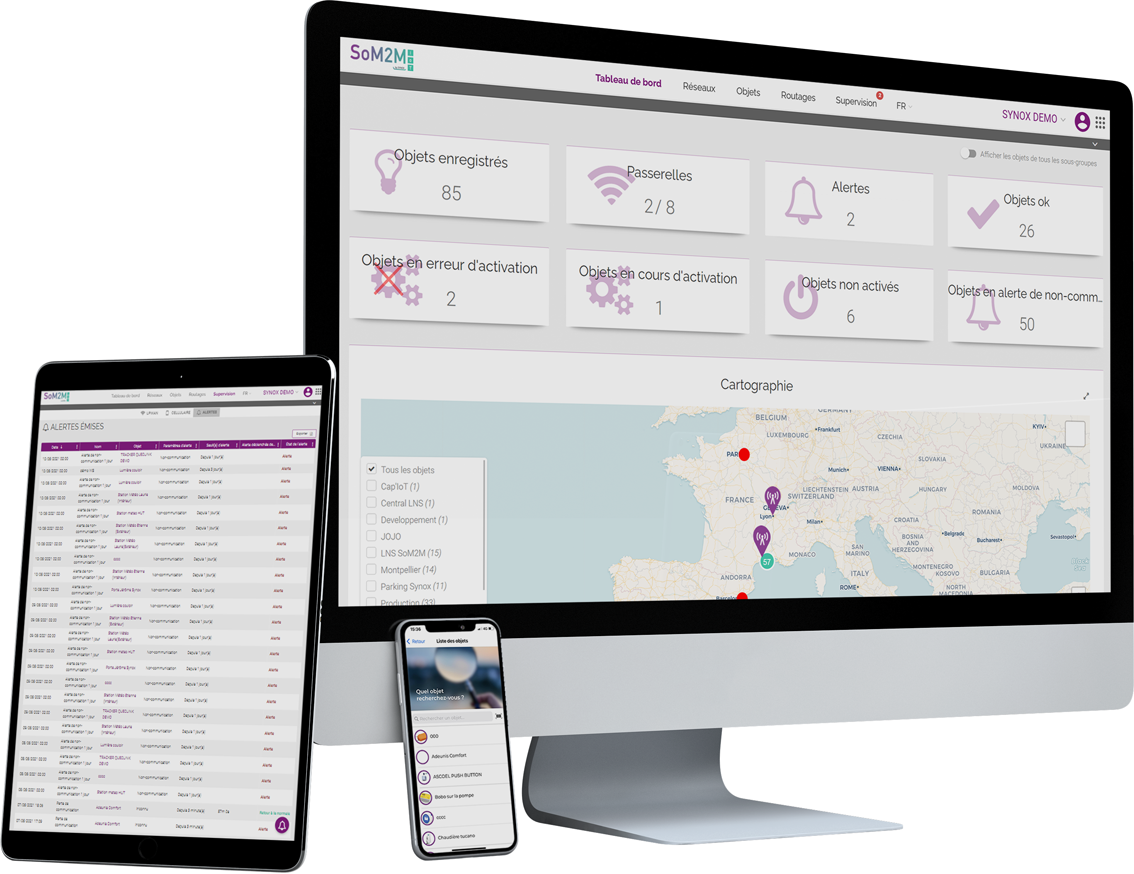 Synox is an IoT platform provider. We support companies and local authorities in implementing turnkey solutions, offering a comprehensive approach to connected device management and data valorization.
Synox is an IoT platform provider. We support companies and local authorities in implementing turnkey solutions, offering a comprehensive approach to connected device management and data valorization.
Our platforms are interoperable and sovereign, enabling the collection, visualization, and analysis of data from multiple vendors — with one clear objective: avoiding technological silos.
Why did your organization join TALQ?
Our membership in the consortium stems from a reflection initiated in 2024 on the integration of open standards to broaden our interoperability capabilities.
We joined TALQ to strengthen our commitment to openness and interoperability. The TALQ Protocol enables urban lighting and outdoor management systems to speak a common language, regardless of the supplier. This is essential to ensure that cities benefit from open, scalable, and sustainable infrastructures — free from technological lock-in.
What are the biggest challenges for Smart Cities in the next 5 years?
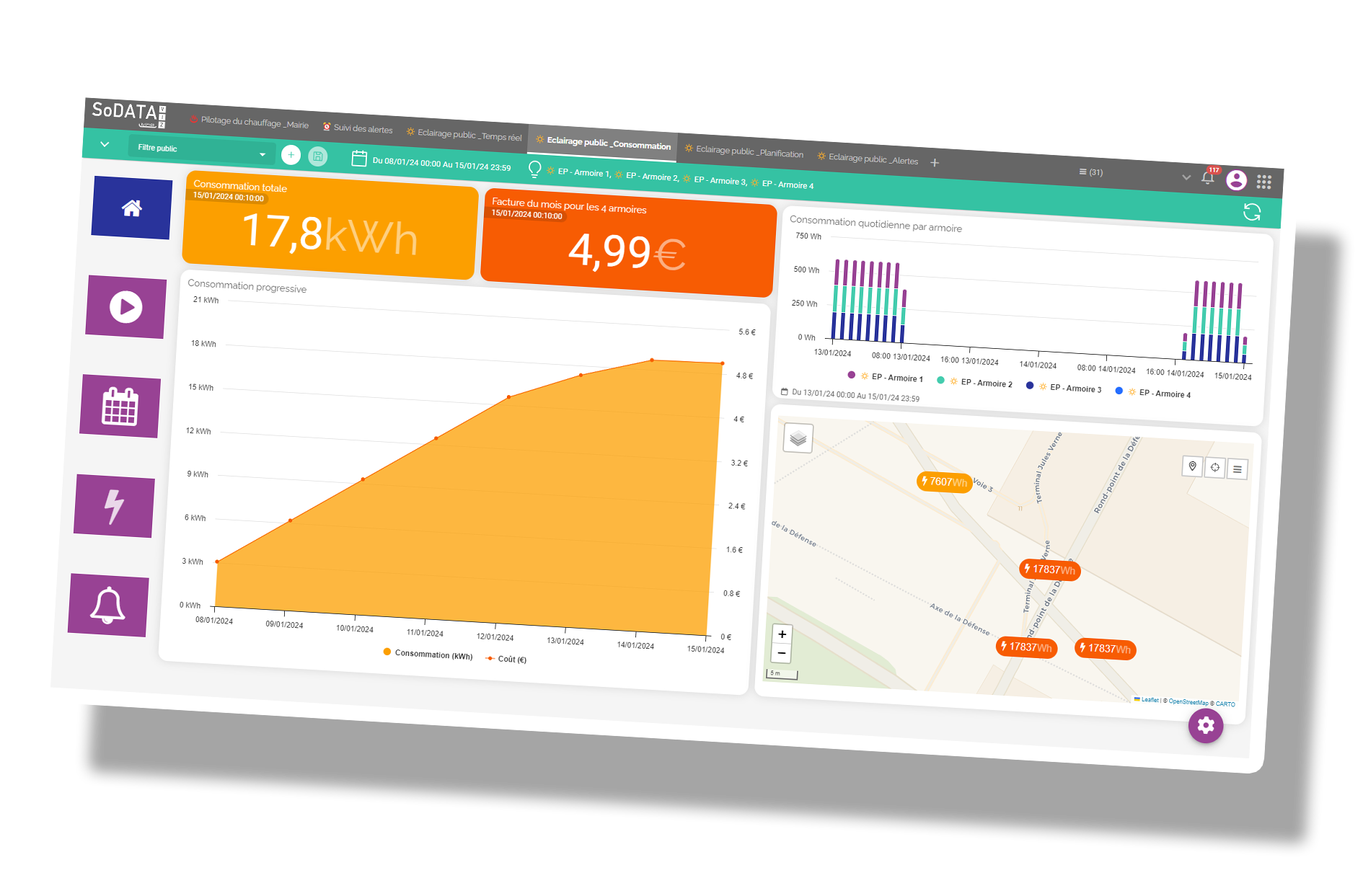 The main challenges will be moving from pilot projects to large-scale deployments while maintaining true interoperability between systems.
The main challenges will be moving from pilot projects to large-scale deployments while maintaining true interoperability between systems.
Cities will also need to integrate existing assets, ensure data sovereignty and security, and preserve the ability to choose the best technologies over time. Open standards like TALQ are a key enabler to address these challenges.
Indeed, rapid urbanization and the growing need to optimize public infrastructure management require municipalities to rely on interoperable and scalable solutions. However, the diversity of systems and protocols still slows down their widespread adoption.
What do you personally like within TALQ?
What I particularly appreciate is the collaborative and neutral spirit of the consortium.
TALQ members work together to turn interoperability into a concrete reality for cities and territories, going far beyond purely technological discussions.
Your favourite TALQ function or profile?
I would say the 'Lighting' profile, as it perfectly embodies our approach at Synox. This profile, at the core of the TALQ protocol, defines how to monitor, control, and optimize urban lighting networks in an interoperable way, regardless of the manufacturers or technologies used.
It fully reflects our philosophy: connecting diversity, standardizing data exchanges, and allowing cities to evolve freely, without technological lock-in. It’s a pragmatic, field-oriented, and truly open vision — the one we uphold every day in our Smart City projects.
Your favourite TALQ moment?
Joining the TALQ Consortium represents a strategic milestone in our development. By adopting this recognized standard, we ensure that our solutions seamlessly integrate with all systems compliant with the TALQ Protocol.
It’s a guarantee of sustainability and scalability for our clients’ projects — and a clear expression of our commitment to actively contribute to building an open ecosystem for Smart Cities.
